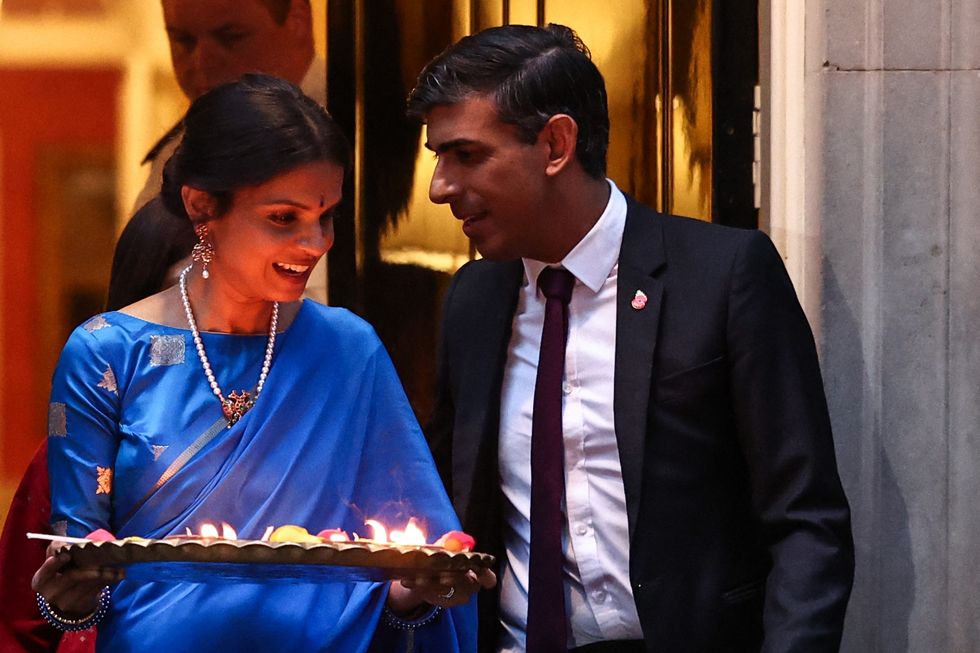The BBC chief has said that the whistleblower, who first exposed Martin Bashir’s methods, deserves a 'full and unconditional apology' as the broadcaster is 'clearly at fault' for damaging his career.
The corporation is preparing to make a substantial payout to graphic designer Matt Wiessler who first alerted bosses to the fake documents that Bashir had used to secure his Panorama interview with Princess Diana, reported The Telegraph.
The BBC director-general Tim Davie told BBC Radio 4 that the corporation will engage in legal discussion with Wiessler. Davie also expressed his wish to meet him.
According to the report, BBC hopes to settle the matter quickly and does not expect a drawn-out legal process.
“After a quarter of a century of cover-ups and smears, it’s good to know the truth is finally out that I acted with integrity and responsibility from day one. By blowing the whistle on the deception, I suffered the fate of the fall guy," Wiessler said after publication of the Dyson report against Bashir.
Others who could be in line for a payout include Mark Killick, the producer who was sacked within 24 hours of alerting BBC bosses to the forged documents in 1996, The Telegraph report added.
But, Bashir has not been sacked and is still being paid by the corporation.
In his report, Lord Dyson, a former master of the rolls, said journalist Bashir used "deceitful conduct" to obtain the 1995 interview with Princess Diana, which was then covered up by a "woefully ineffective" internal investigation.
"Martin Bashir offered his resignation, prior to seeing the Dyson report. I think there were three reasons why I accepted the resignation. There were very significant medical care issues, which, you know, in terms of Martin Bashir as a staff member, regardless of all the situation around it, is a factor," Davie told BBC Radio 4.
"It allowed a clean break with no pay-off, which I thought was in the licence fee payers' interest to make sure that there was a clean process. There was no restraint in us getting to the truth. This was not an honourable discharge."
Davie said that he first knew Bashir had lied about documents when he had read the report.
The BBC chief also said that reform needs to continue "at pace" at the corporation.
"I think there are balances. I mean, this was 25 years ago. I could list the fact that we have changed our governance system twice profoundly, governors, Trust, going through to the board we have now with non-exec directors," he said.
"We've had a number of new editorial guidelines going through the system. And I have say I'm very proud of the BBC today and how it operates."
He further said that he has no intention to air the Princess Diana interview again.

















 Rishi Sunak and Akshata Murty. (Photo by HENRY NICHOLLS/AFP via Getty Images)
Rishi Sunak and Akshata Murty. (Photo by HENRY NICHOLLS/AFP via Getty Images) 

